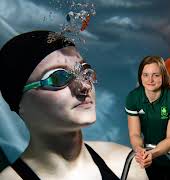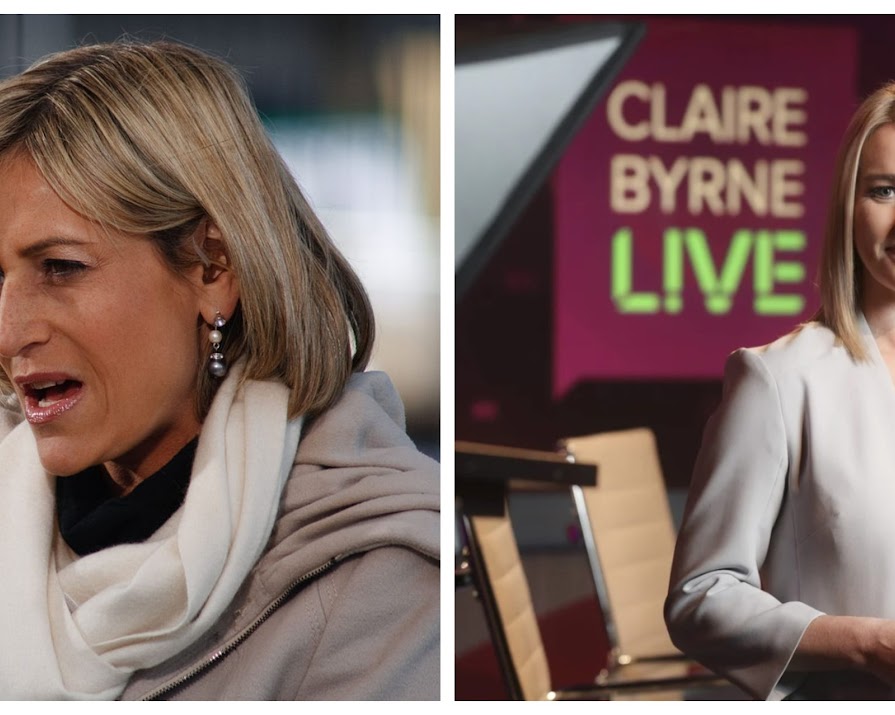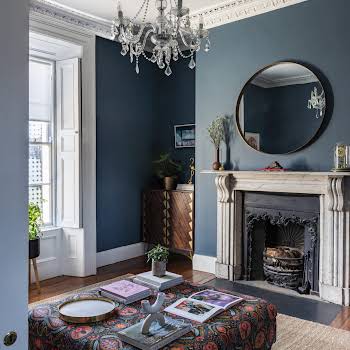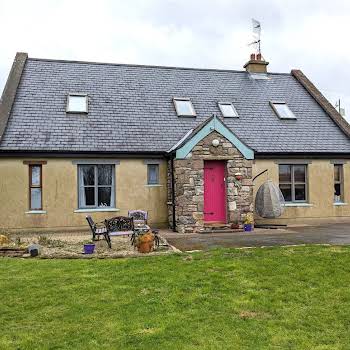
Opinion: Female broadcasters have been the driving force of Covid-19 debate and discussion
By Erin Lindsay
28th May 2020
28th May 2020
Asking the questions, driving the debate — female broadcasters have played a blinder during the pandemic
As leaders across the world have been truly put through their paces during the global Covid-19 pandemic, it has been left to our journalists to hold them to account. From Donald Trump’s spurious hydroxychloroquinine advice to the shameful actions of Dominic Cummings last week in the UK, journalists have had their work cut out for them, but have consistently held leaders and themselves to a high standard. And it must be said, both here in Ireland and abroad, female broadcasters have particularly played a blinder.
Here in Ireland, Claire Byrne, host of one of the biggest current affairs programmes in the country, has brought us regular information on every aspect of Irish life under Covid-19. From how to make a face mask at home to what pubs will look like under new restrictions, Byrne has kept us updated with key information, even from her own home, where she has broadcast a number of episodes. At the end of March, Byrne revealed she had tested positive for Covid-19, and returned to her position at the RTÉ studios just two weeks later.
Byrne was not the only female broadcaster to push through a case of Covid to bring news to the masses. Dr. Ciara Kelly, who hosts the lunchtime slot on Newstalk, contracted Covid-19 in mid-March, but continued to present her daily radio show from her own home while ill — from inside the hot press.
Giving regular updates about her condition and symptoms, Kelly was a help to many an anxious listener in the beginning stages of the Covid-19 crisis in Ireland. Mick Heaney of the Irish Times described her Wednesday programme as “a compelling show, remarkably so considering it was hosted by an ill woman sitting in an airing cupboard”.
When RTÉ stalwart Sean O’Rourke announced his retirement from his mid-morning radio show, listeners were saddened, before a lively new face rose to the challenge. Sarah McInerney, who had previously worked on the Late Late, Drivetime and the Late Debate, filled O’Rourke’s shoes to rave reviews when she took over the gig earlier this month. McInerney is set to host the show until a permanent replacement begins in the autumn, but many would argue she’s doing a stellar job already.
Across the water, where the UK government’s response to Covid-19 has been less than ideal, female journalists are doing a fantastic job of holding ministers to account. On BBC news yesterday, journalist Caroline Nokes exposed prime minister Boris Johnson’s worrying lack of knowledge around women in politics.
Caroline Nokes – PM, you made the distinction between there being a lot of women & enough women.. how many is enough?
Boris Johnson – That's a question I'm not competent to pronounce on.
CN – Is it not 50%
Bernard Jenkins – It's not a joking matter#LiaisonCommittee pic.twitter.com/3gTf9IXKoI
— Haggis_UK ?? ?? (@Haggis_UK) May 27, 2020
While just this morning, Kay Burley on Sky News admonished an inexplicably jolly Matt Hancock for treating the country’s dysfunctional test and trace system as a joke.
“It’s priceless Kay, I’m usually accused of delaying these things and bringing them in too slowly.”@MattHancock denies claims the government has rushed in its test and trace system to take the spotlight off Dominic Cummings. JM #KayBurley pic.twitter.com/jmEHVxSmh0
— Kay Burley (@KayBurley) May 28, 2020
And the journalist on everyone’s minds this week is Emily Maitlis, seasoned professional on BBC’s Newsnight. After Dominic Cummings’ trip to Durham last week became a national scandal, Maitlis took the opportunity to slate the advisor, and the government’s defense of his actions.
Maitlis’s monologue summed up succinctly what everyone in the UK (and abroad) feels about the scandal, but she was punished for it; she has been replaced as host of the show, as BBC bosses found she had breached the corporation’s impartiality rules.
You can watch her monologue in full below:
‘He made those who struggled to keep to the rules feel like fools and has allowed many more to assume they can now flout them. The prime minister knows all this and has chosen to ignore it.’
Savage brilliance from @maitlis #newsnight pic.twitter.com/1tX879ICqZ
— Jonathan Lis (@jonlis1) May 26, 2020
As universally terrible as the Covid-19 crisis has been, small glimpses of hope and positivity have been given a chance to shine through. Communities have banded together, demanded more from their leaders, and female journalists and broadcasters have been there to carry the message through.
While it remains to be seen how Maitlis will emerge from the situation at the BBC, no one can deny her bravery in standing up for what the public believed in.
Read more: ‘Coming out of cocooning feels like I have to start all over again’
Read more: I’ve been living in my boyfriend’s clothes for 11 weeks and I’m realising how important fashion is to my sense of self
Read more: Unusually vivid dreams during the coronavirus pandemic? You’re not alone























